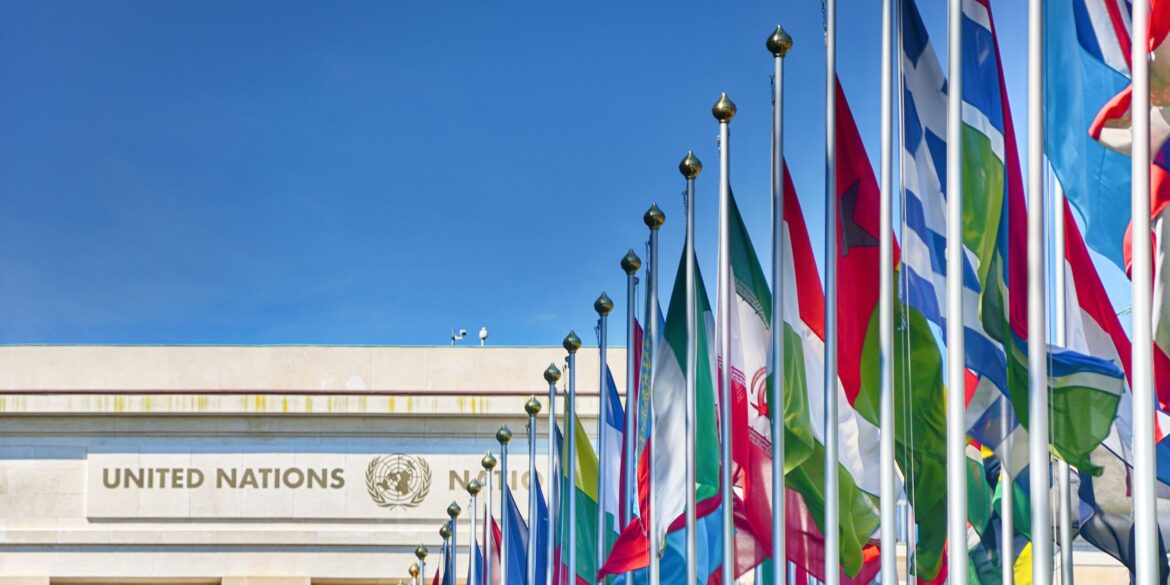By Hannah Russo, Senior Correspondent
On June 5, 2025, the United Nations Headquarters in New York City hosted a pivotal event commemorating World Environment Day, emphasizing the urgent theme “Beat Plastic Pollution.” Organized by the United Nations Environment Programme (UNEP) in collaboration with the Republic of Korea, the event convened global leaders, policymakers, and environmental advocates to address the escalating crisis of plastic waste.
Global Observance Highlights Urgent Environmental Crisis
The New York commemoration was part of a worldwide series of events spotlighting the detrimental impacts of plastic pollution on ecosystems, human health, and economies. This year’s theme served as a clarion call for immediate action, underlining the extent to which plastic has infiltrated all corners of life, from the peaks of mountains to the deepest oceans.
Plastic waste continues to endanger marine and wildlife, clog urban drainage systems, and pose serious threats to human health as microplastics increasingly show up in air, food, and even human tissue. The observance sought to raise awareness about these urgent issues while galvanizing support for solutions at both the policy and grassroots levels.
Republic of Korea Leads Global Efforts
As the official global host, the Republic of Korea demonstrated strong leadership in addressing plastic waste. Representatives showcased innovative national policies aimed at promoting recycling, reducing single-use plastics, and fostering a circular economy.
Korean officials highlighted the country’s commitment to a zero-plastic future, including municipal bans on disposable plastic items, support for biodegradable alternatives, and public awareness campaigns. Jeju Province, in particular, aims to eliminate plastic pollution by 2040, serving as a model for other regions worldwide.
Innovative Solutions and Global Commitments
Delegates from various countries presented forward-thinking strategies tailored to their own environmental contexts. These included national bans on microplastics in cosmetics, incentives for businesses to develop reusable packaging, and public-private partnerships to build efficient waste management systems.
Throughout the day, exhibitions on the UN campus featured new recycling technologies and sustainable material alternatives, offering a glimpse into a potential future free from plastic dependency. Innovations included plant-based polymers, closed-loop production models, and AI-assisted waste sorting technologies.
UNEP Executive Director Inger Andersen emphasized the need for systemic change, stressing that recycling alone cannot resolve the plastic crisis. She called for upstream interventions that prevent plastic waste from being created in the first place, including redesigning products, rethinking supply chains, and shifting societal behaviors.
Public Engagement and Individual Actions
Beyond the UN Headquarters, millions participated in World Environment Day events across the globe. Community clean-up drives, educational workshops, and digital campaigns helped amplify the day’s message. Social media users around the world used the hashtag #BeatPlasticPollution to share personal commitments and challenge others to join the movement.
In the United States, several cities organized plastic-free parades and hosted local sustainability fairs. Schools incorporated lessons about plastic waste into their curricula, while businesses promoted plastic-free initiatives for their customers and employees.
Public figures, including actors and athletes, lent their voices to the campaign, encouraging fans to eliminate single-use plastics from daily life. Their involvement helped broaden the reach of the event, particularly among younger audiences.
Path Towards a Global Treaty
One of the major focuses of this year’s observance was the momentum building towards a global treaty to end plastic pollution. Governments and stakeholders are preparing for critical negotiations later this year in Geneva, where they hope to finalize a legally binding agreement that tackles the entire life cycle of plastics.
The proposed treaty would require countries to adopt measures that go beyond waste management, addressing production, design, and consumption patterns. It aims to create a unified global framework that holds nations accountable and facilitates international cooperation.
Environmental advocates are optimistic about the potential of the treaty to drive large-scale change. They argue that, much like climate agreements, a strong plastic pollution treaty could steer investment, innovation, and behavior toward more sustainable outcomes.
Conclusion
World Environment Day 2025 at the United Nations Headquarters in New York City reinforced the global commitment to tackling plastic pollution. Through collaborative efforts, innovative solutions, and individual actions, the international community aims to forge a sustainable future free from the detrimental impacts of plastic waste.
With the world watching, the event served as both a reminder of the challenges and a celebration of the progress being made. As negotiations for a global treaty continue, the momentum generated on this day could prove crucial in achieving lasting change.


